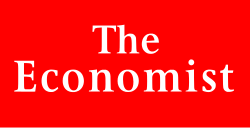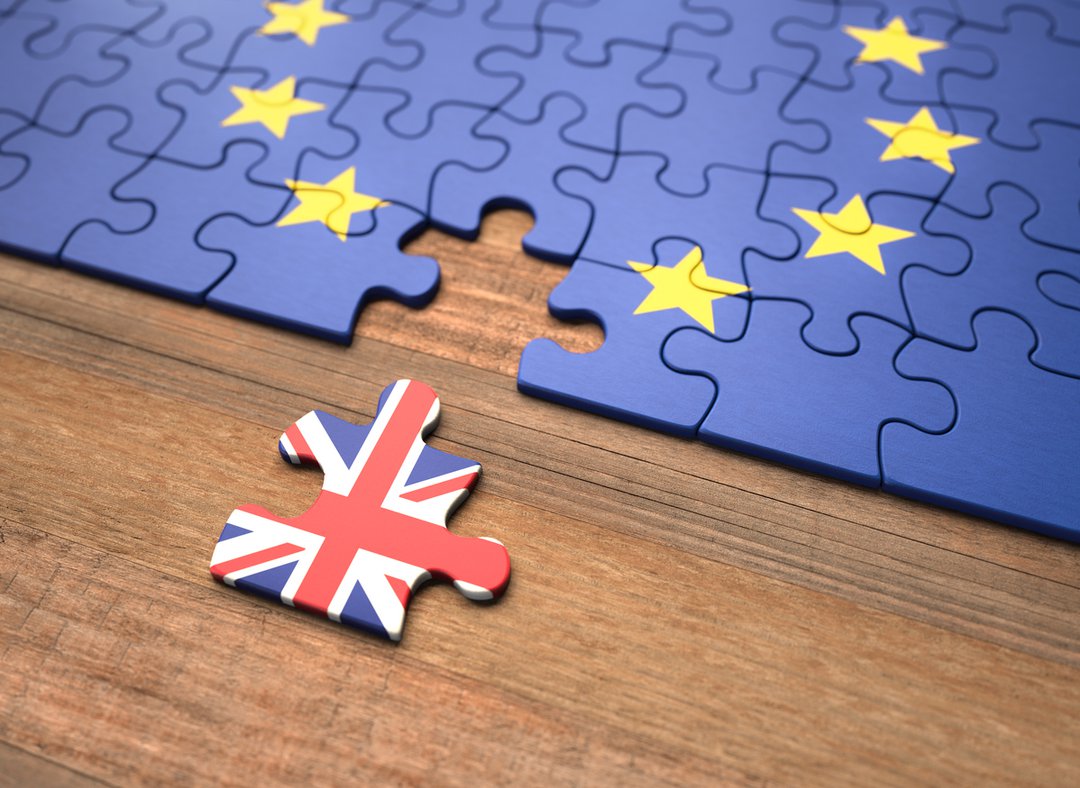
Dec. 15, 2020
SINCE BRITAIN left the European Union in January, the two sides have continued to trade just as they did when Britain was a member. This period ends on December 31st, with or without a deal on the future terms of commerce—and as time ticks away without agreement, the risk of no-deal rises. What would be the consequences?

iStock-1057358690.jpg
Even if there is a last-gasp deal, it will be “thin”, at best similar to the free-trade agreement (FTA) between Canada and the EU. The British government’s own modelling suggests that under such an accord, Britain’s GDP will be 5% lower in 15 years than it would have been had the country stayed in the EU. With no deal, the cost rises to 8%. Other forecasts are similarly gloomy. The independent Office of Budget Responsibility reckons that no-deal will cut next year’s GDP by an additional 2%, on top of the costs from shifting to an FTA.
With no deal, Britain and the EU would impose tariffs on each other’s imports for the first time in more than 40 years. Under the rules of the World Trade Organisation, they would have no choice. Members levy the same “most-favoured-nation” (MFN) tariffs on goods from any country with which they do not have an FTA. Most EU tariffs are low and quite a few of Britain’s new MFN tariffs are lower than those inherited from the EU. And the effect of tariffs on final goods prices is diluted by several factors: importers may absorb them rather than pass them on to customers, and they do not apply to rent, transport and other elements of the cost of supplying goods. Nevertheless, some are high enough to be troublesome. Cars exported from Britain to the EU would incur a tariff of 10%; most car parts would be taxed at between 3% and 4.5% (though the EU’s rates reach 8%, for soft-top roofs). That is a blow to an industry that accounts for 14% of British goods exports. Agricultural exports tend to incur much higher tariffs than manufactured ones: the EU in effect imposes tariffs of at least 40% on beef and lamb.
Although tariffs are the most obvious effect of no-deal, they are not necessarily the most costly. Non-tariff barriers, such as administrative and safety checks, and the requirement to fill in customs forms, also impose costs. There are none within the EU’s single market, which Britain will leave when the transition period ends. Even with an FTA, some of these barriers would remain. But without one, as The UK in a Changing Europe, an academic think-tank, notes, “the full panoply of checks and formalities [would apply] immediately”. Some of this can be quantified: HMRC, Britain’s tax-collecting agency, has put the cost of filling in customs declarations at £15bn ($20bn). Others, such as time spent queuing for customs clearance on either side of the English Channel, are harder to tot up. Some may be hidden. Press reports have suggested that at least for a while EU hauliers may choose not to serve Britain at all in the new year if there is no deal, rather than have lorries waste time idling in northern France or Kent. If they stay away, British shops and factories may find themselves short of supplies.
Failure to strike a trade deal could sour relations in other areas on which Britain and the EU are yet to reach agreement. These include the treatment of pensioners and students caught on either side of the new divide, driving licences and pet passports. Of greatest economic importance is trade in services—in particular, financial services, of which Britain is a big net exporter. Britain is in any case due to lose the “passporting” arrangement that allows financial firms to serve clients across the EU from London. The best it can hope for is “equivalence”, which permits them to carry on as long as the EU deems British regulations as good as its own. The EU has not yet granted equivalence, and even if it does, it can be withdrawn at 30 days’ notice. The City has already lost thousands of jobs and more than £1trn in assets to EU financial centres, though the drain has been less severe than some feared. However, companies have been waiting to see how the trade talks go before deciding whether to shift more posts to Frankfurt, Paris and elsewhere. No-deal could mean a further drain.


